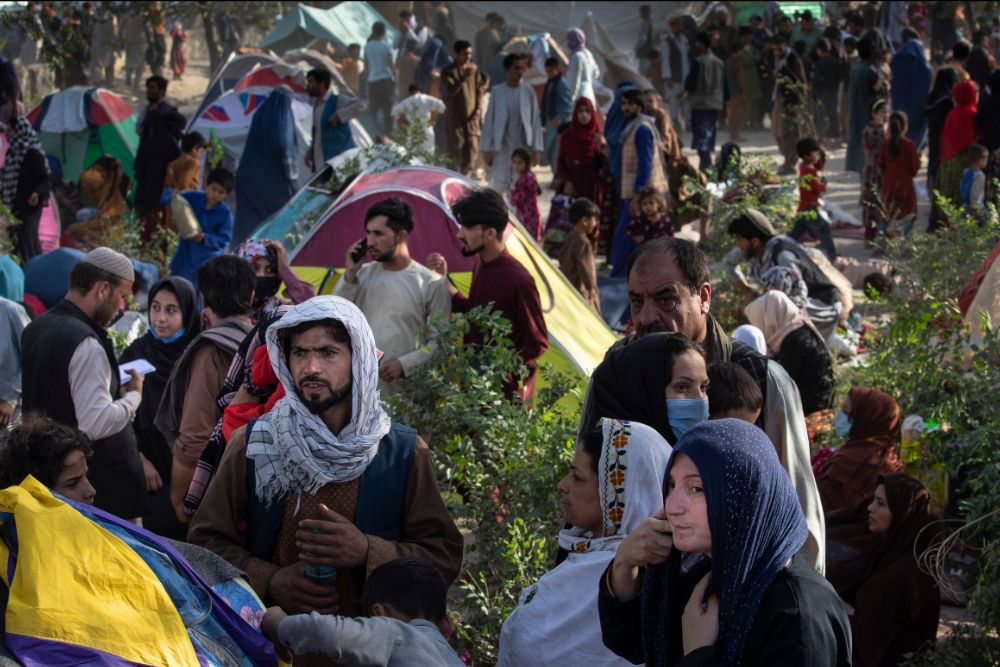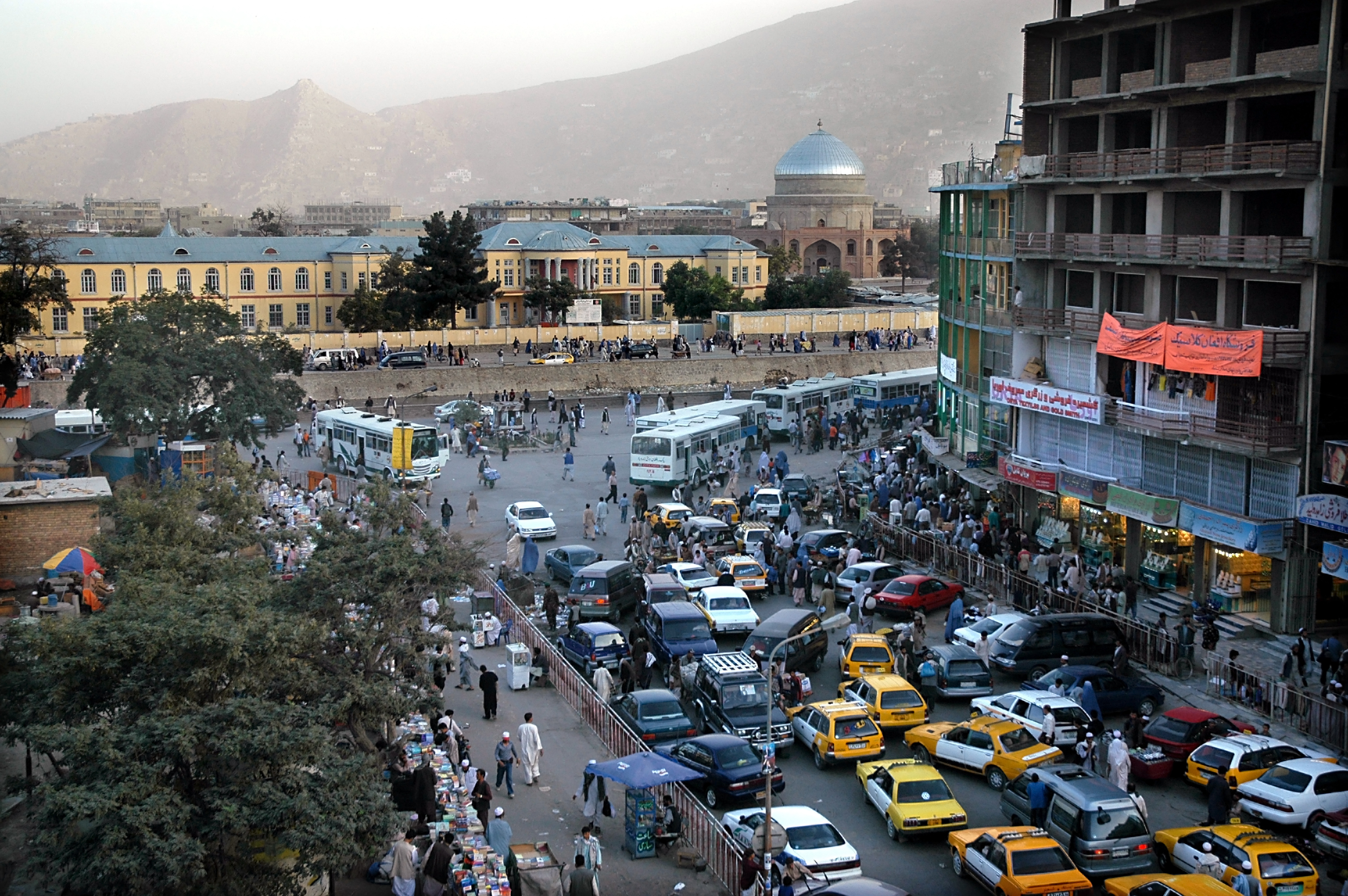
The Many Lessons, Unheeded, Along the Way
In the summer of 2004, traveling through Afghanistan, I had the unusual experience of mid-level U.S. soldiers and aid workers offering to speak on the record about the egregious gap between the rosy official pronouncements of progress and the realities, as they saw them. They showed me the empty, unused health clinics and schools we had built. They shared stories of the Afghan soldiers and police who were deserting almost as fast as we trained them.
I wrote a series of articles on these failures for my newspaper, the St. Louis Post-Dispatch. A month or so later I had the opportunity to interview Condoleeza Rice, the then-national security adviser to President George W. Bush, at the White House. I remember sharing with her the details of what I had found. My sense at the time was that I was acting less as journalist than citizen, bringing her information that she and her colleagues really needed to know. I remember the casual, confident way in which she dismissed my concerns.
In the summer of 2021, watching the collapse of America’s longest war, I’m reminded of that experience early on—and the role it played in the establishment of the Pulitzer Center a year or so later. If policymakers at the highest level were that ill-informed, I thought, it was critically important for journalists to do whatever we could to surface what was actually happening on the ground.
Over the past 15 years we’ve supported 29 projects on Afghanistan, for outlets ranging from The New Yorker and Al Jazeera to TIME and the Milwaukee Journal Sentinel. We have documented U.S. and allied attacks against civilians, the grief of war widows, the experience of National Guard units both in fighting the war and winding it down, and the many claims by our military and political leaders that with just a few more months, a few more billions of dollars, the tide would turn. Our projects have included a full issue of the magazine Poetry, capturing the voices of young Afghan women, and an Op-Docs video for The New York Times on Afghans deciding to stay in the face of deteriorating security.
Our work on Afghanistan continues. Photographer Paula Bronstein and reporter Nick McDonell, both grantees, are just back from weeks in the country, on assignment, respectively, for Politico and The Atlantic. Grantee Jane Ferguson is there now, reporting for PBS NewsHour and NPR.
In the days ahead we’ll be hearing plenty about failures in the Afghanistan end game, and also about the likely dire consequences for the many Afghans who cast their lot with us. I hope that we will also remember that the failures started early on—and that they were rooted, as is so often the case, in hubris and ignorance.

Photo: Displaced Afghans arrive at a makeshift camp from the northern provinces, desperately leaving their homes behind on Aug. 10, 2021, in Kabul, Afghanistan. Image by Paula Bronstein. Afghanistan, 2021.
Impact
Several Pulitzer Center grantees and partners were honored in the 2021 National Native Media Awards. Most notably, the staff of High Country News was selected as one of three recipients for the 2021 Richard LaCourse Award for Investigative Journalism for the Pulitzer Center-supported Land-Grab Universities project, which created a novel database of Indigenous expropriation that funded America’s first public universities. Tom Arviso, publisher of The Navajo Times (Diné bi Naltsoos), has won the 2021 NAJA-Medill Milestone Achievement Award. We recently supported a project with The New Yorker where grantees embedded with Arviso and The Navajo Times staff to see how they served the Navajo Nation throughout the COVID-19 crisis.
This message first appeared in August 17, 2021, edition of the Pulitzer Center weekly newsletter. Subscribe today.








